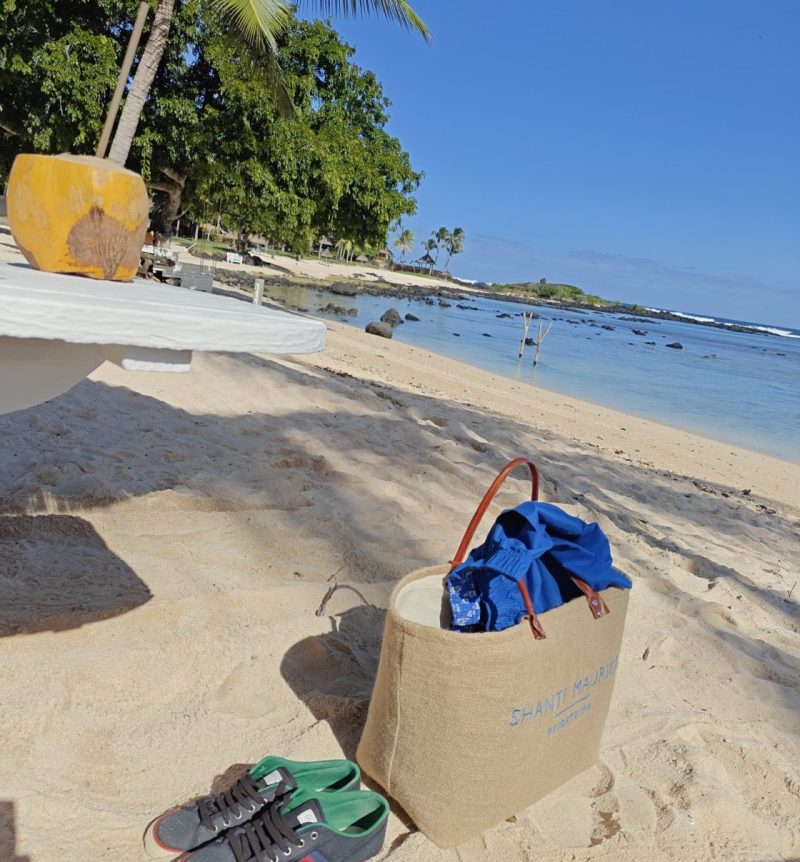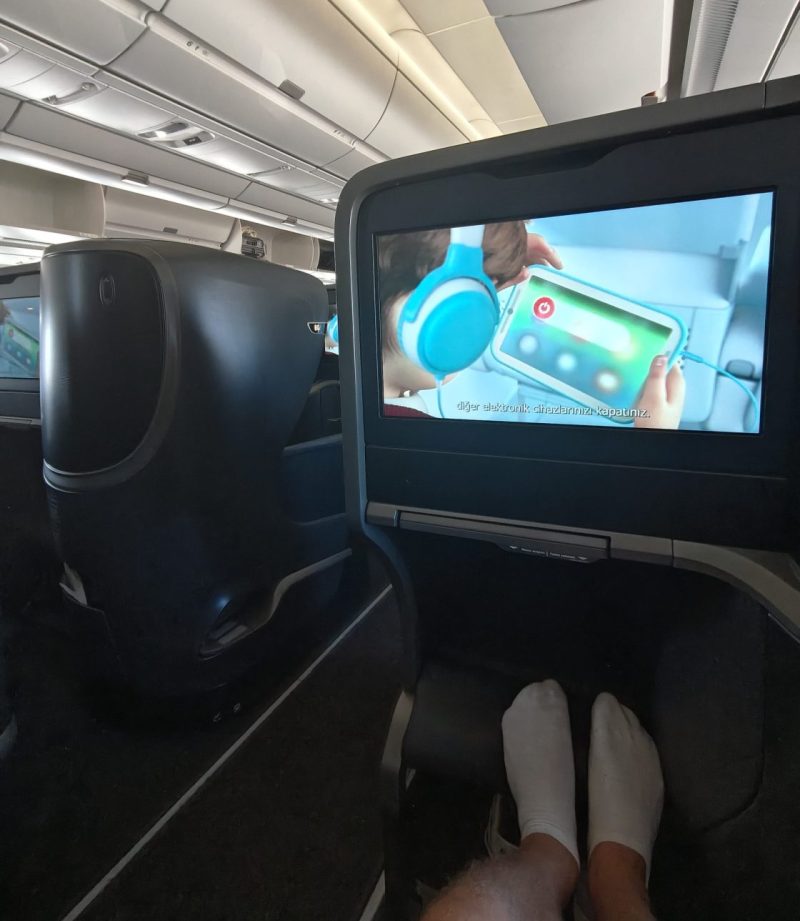If you have ever traveled overseas from USA to Copenhagen or to Japan, you are likely familiar with jet lag and its unpleasant effects on your sleep, mood, and energy levels. While most of us associate jet lag with being tired and just feeling “off”, it actually has an impact on all aspects of our health – physical, mental, and emotional.
The most common symptom of jet lag is extreme fatigue even after sleeping. I remember when I traveled to France several years ago, I would sleep all night and then wake up the next morning still feeling tired and needing an afternoon nap. This is due to your body’s circadian rhythm being out of sync with the local time. Jet lag can also can result in digestive issues, increased vulnerability to illness, headaches, anxiety, and brain fog.
Jet lag typically lasts about 1 day per time zone crossed but some effects can persist for up to a week. We’ll go over some of the best ways you can reduce jet lag and its negative effects before, during, and after your flight.
Jet Lag Recovery Tips
Pre-Flight Prep
It’s a good idea to start preparing your body for the new time zone about 2-3 days before leaving. Focus on getting solid sleep several nights before your trip. If you’re flying east (i.e. US to Europe/Asia), aim to shift your schedule by going to bed and waking up 30-60 minutes earlier each day. If you are flying west, shift your schedule later. Do this for your wake and sleep times as well as meals and light exposure.
During the Flight
If you are flying overnight, do your best to sleep on the plane. I’ll bring earplugs, eye masks and a neck pillow to make the journey as comfortable as possible. If you have trouble sleeping on planes (I do!), you might consider taking a low dosage sleeping pill for a little extra support with falling asleep. Limit your phone and computer usage as well as the blue light from the screen stimulates your circadian rhythm and makes it harder to sleep.
Additionally, make sure to drink lots of water on the flight and avoid alcohol and caffeine as dehydration makes jet lag worse. If they are serving a meal during the time you plan to sleep, ask them not to disturb you so you can have as much uninterrupted sleep time as possible.
Post-Flight
If it is morning when you arrive at the destination, try to get light as soon as possible as this really helps with resetting your circadian rhythm. Take a walk to get a coffee or just sit outside for 10-15 minutes.
Although it might seem impossible, do you best to stay awake until the local bedtime. If you need a nap, limit it to 30 minutes max to prevent wakeups during the night and help align your body with the local time. You can also try melatonin for extra support with resetting your body clock but only use it temporarily (i.e. the first few nights at your new location).


If you need additional support, there are some helpful apps you can use to create personalized plans and light schedules for resetting your circadian rhythm. One of these is the Timeshifter app. See other travel gadgets you may need.
Another great way to shake off stiffness and fatigue is to book a body or a head massage at your hotel or a nearby spa. Even 45 minutes can boost circulation, ease muscle tension from the flight, and help your body relax into the new time zone. Some travelers also swear by a quick swim in the hotel pool or a soak in the hot tub to loosen up. Light exercise, like yoga or gentle stretching, can also help.
Although jet lag is no fun and nearly impossible to avoid completely, there are ways you can minimize its negative impact with a little planning and schedule shifting. By following our tips above, you will be taking the right steps to get your body back on track so you can enjoy your time in your new destination!
Here are more tips on how to fight jet lag when switching time zones.










